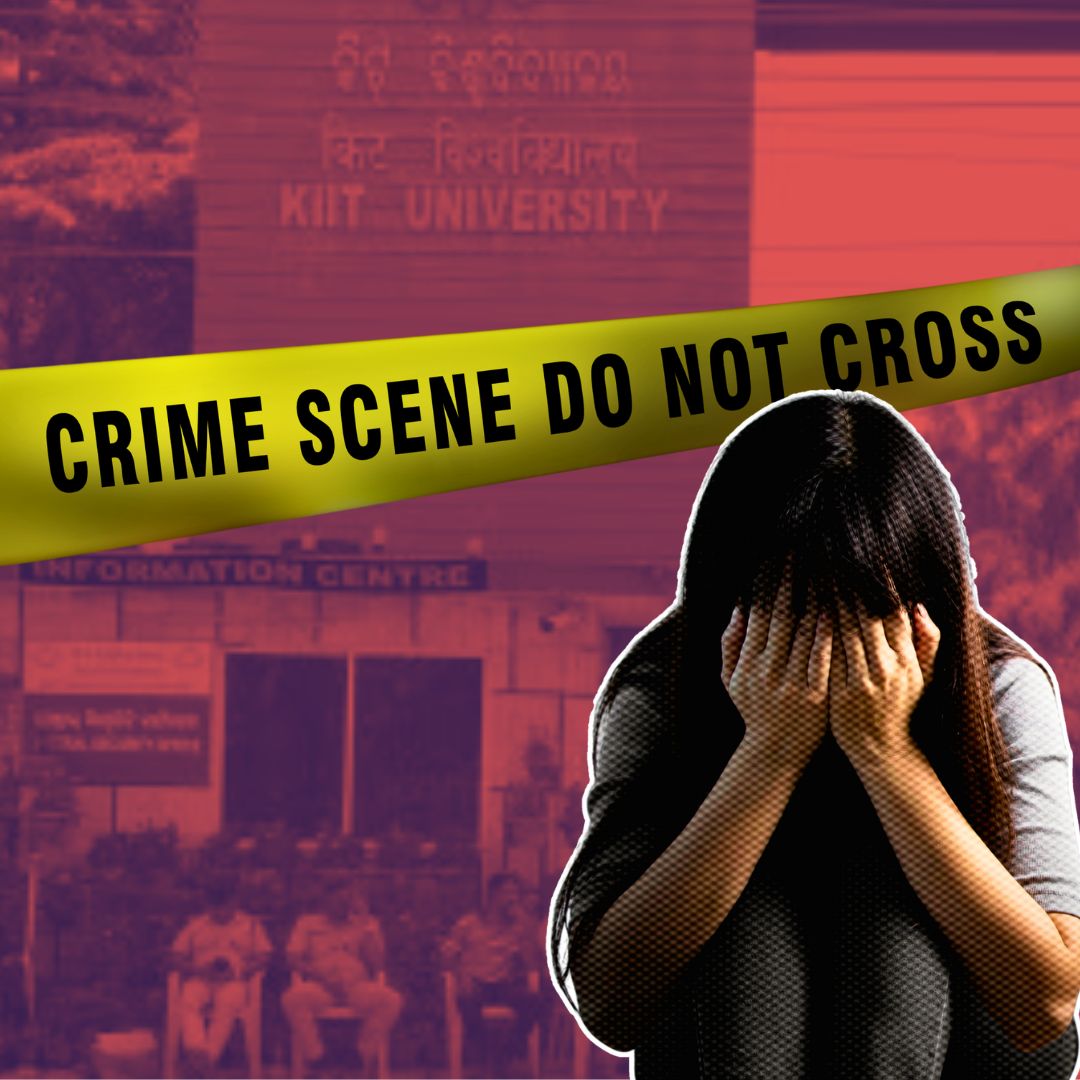A 20-year-old B.Tech third-year engineering student from Nepal, Prakriti Lamsal, was found dead in her hostel room at the Kalinga Institute of Industrial Technology (KIIT) in Bhubaneswar, Odisha, on February 16, 2025. Peers allegedly reported that she had previously raised concerns about harassment, blackmail, and abuse by a male batchmate and ex-boyfriend, Ayush Acharya.
Following her death, protests erupted among Nepali students, who claim the administration failed to act on her complaints, leading to a mass exodus from campus after an unexpected directive to vacate the premises. Police have detained Acharya for questioning regarding allegations of abetment to suicide, while the university initially ordered all international students from Nepal to vacate the campus.
Student’s Death Sparks Outrage
Prakriti Lamsal was discovered dead in her hostel room on Sunday evening, triggering widespread grief and anger. Friends and family reported that Lamsal had been enduring escalating harassment from a male student allegedly identified as Ayush Acharya, her ex-boyfriend, with claims that she was being blackmailed using personal photos and intimate videos. In the wake of her death, hundreds of Nepali students protested outside the campus, decrying the university administration’s inaction and demanding justice for Lamsal.
KIIT officials confirmed they were informed immediately after her death and stated that Acharya has been taken into custody for questioning but denied having prior knowledge of Lamsal’s complaints. A police case has been registered based on allegations of abetment to suicide, and investigators have seized Lamsal’s mobile phone and laptop for examination.
University Response and Subsequent Fallout
Prior to her death, Lamsal had allegedly shared screenshots of abusive messages and detailed instances of harassment with university officials, expressing her growing sense of vulnerability and desperation. Eyewitness accounts corroborate these claims, painting a picture of a student who felt increasingly unsupported and unsafe. The university registrar initially suggested that Lamsal’s suicide might be attributed to a personal dispute rather than ongoing harassment. However, this statement has been widely criticized by students and activists who view it as an attempt to downplay the university’s responsibility.
Furthermore, the university’s decision to order all Nepali students to immediately vacate the campus was met with severe criticism and accusations of discrimination. Students reported being forced to leave their hostels without clear information or sufficient time to prepare. The university later rescinded the order, but the initial action led to significant unrest and condemnation.
The Logical Indian’s Perspective
The tragic passing of Prakriti Lamsal is a stark reminder of the pervasive issue of harassment and the urgent need for universities to prioritise student safety and well-being. The apparent failure of KIIT’s administration to adequately address Lamsal’s complaints reflects a systemic problem that demands immediate reform. We must hold educational institutions accountable for creating safe and supportive environments for all students, regardless of their nationality or background. Moving forward, how can we ensure that universities implement effective mechanisms for reporting and addressing harassment, and what steps can be taken to prevent such tragedies from occurring in the future?
#WATCH | Odisha: A https://t.co/jHgpcuG1h1 third-year girl student from Nepal was found dead in KIIT University (Kalinga Institute of Industrial Technology) hostel in Bhubaneswar on 16th February. As per a notice issued by the University, the institute is hence closed sine die… pic.twitter.com/vVfgY140up
— ANI (@ANI) February 17, 2025












